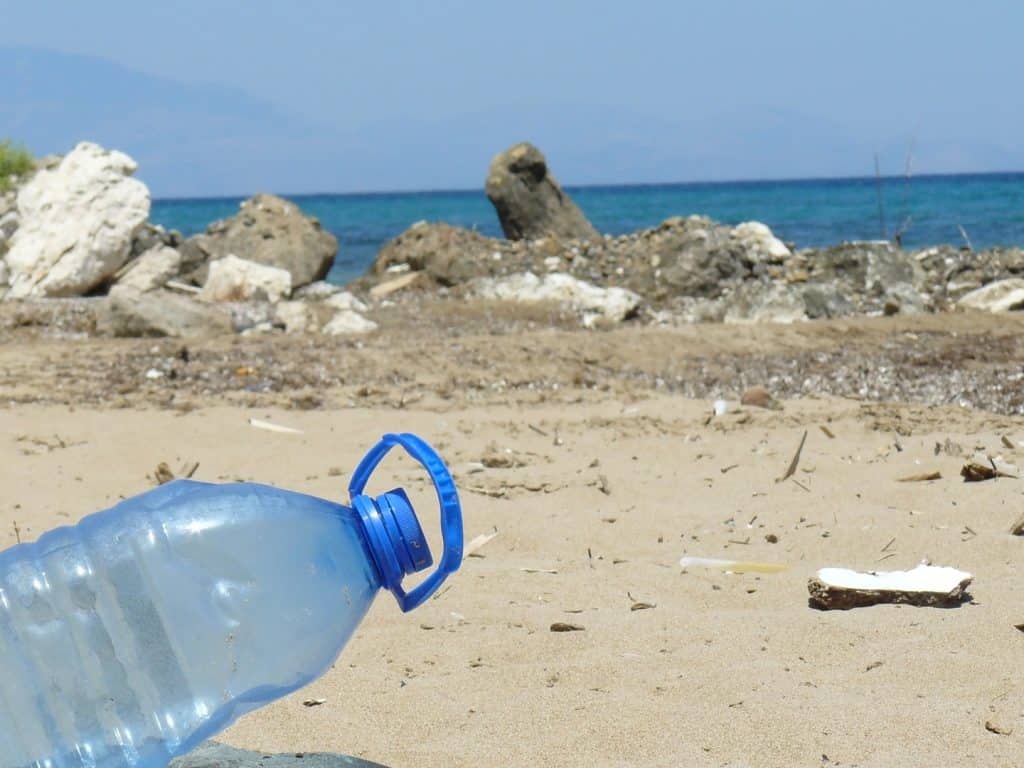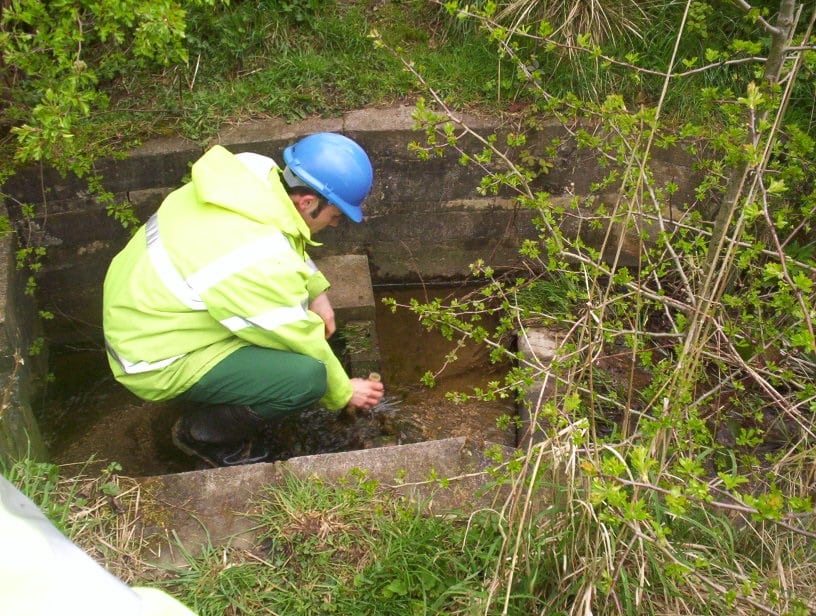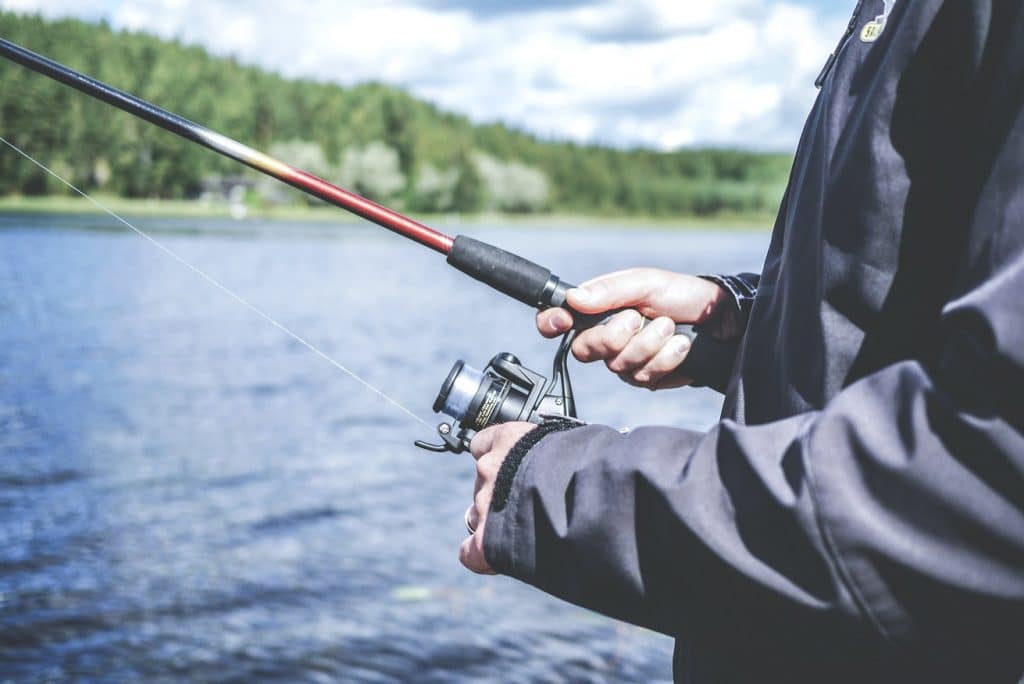£1.2m fine for water company, Anglian Water following Environment Agency prosecution. Anglian Water has been hit with fines totalling £1,221,000 after it admitted to causing pollution incidents in two separate court cases this week.
The water company was ordered to pay £871,000 after a catalogue of system and maintenance failures caused several incidents of pollution across Cambridgeshire, Buckinghamshire, and Northamptonshire across a five-month spell, between May and September 2019.
The list of process failures included reporting delays, faulty screening and a general breakdown in planning and maintenance, all of which caused damaging blockages and pollution. After one particular incident, a subsequent biological survey showed dead aquatic invertebrates for 1,500 metres. The court also heard how at one site an unchecked build-up of ‘unflushables’ such as cotton buds and sanitary pads caused a blockage resulting in discharge of settled sludge into the treated sewage.
The site was originally fitted with a screen to prevent blockages in the process but was removed in 2018. The court heard that increased cleaning had not taken place and no steps taken to reduce the risk of blockages caused by the removal of the screen.
The water company was also ordered to pay £37,605.13 in costs at Loughborough Magistrates Court on 12 September 2022.

In a separate court case, heard at Cambridge Magistrates Court, Anglian Water was sentenced to pay £350,000 after a pumped sewer at Bourn Brook at Caldecott, Cambridgeshire, burst for the sixth time in several years. Officers visiting the site in September 2019 found ammonia and low oxygen levels in the water, posing a potential risk to wildlife at the site. Despite efforts from Anglian Water to stop the polluted water from spreading, its methods proved insufficient and a total of 4km of the watercourse was affected for at least five days.
Since 2004 the sewer, which is only 1.5km long, had burst 6 times. The court found that Anglian Water had been too slow in putting in place potential mitigation measures. They only located air valves, designed to reduce stress on the sewer, after the incident took place. These valves had been in place for at least 25 years.
Anglian Water pleaded guilty to causing poisonous, noxious, or polluting matter to enter inland freshwaters without an environmental permit, and were told to pay £28,025.66 in costs as well as a victim surcharge of £181.
“Serious pollution is a serious crime and I welcome these sentences from the courts.
“The Environment Agency will pursue any water company that fails to uphold the law or protect nature, and will continue to press for the strongest possible penalties for those which do not.”
Sir James Bevan, Chief Executive of the Environment Agency
If you require environmental advice or support for your business, please contact one of the Ashbrooke team.


